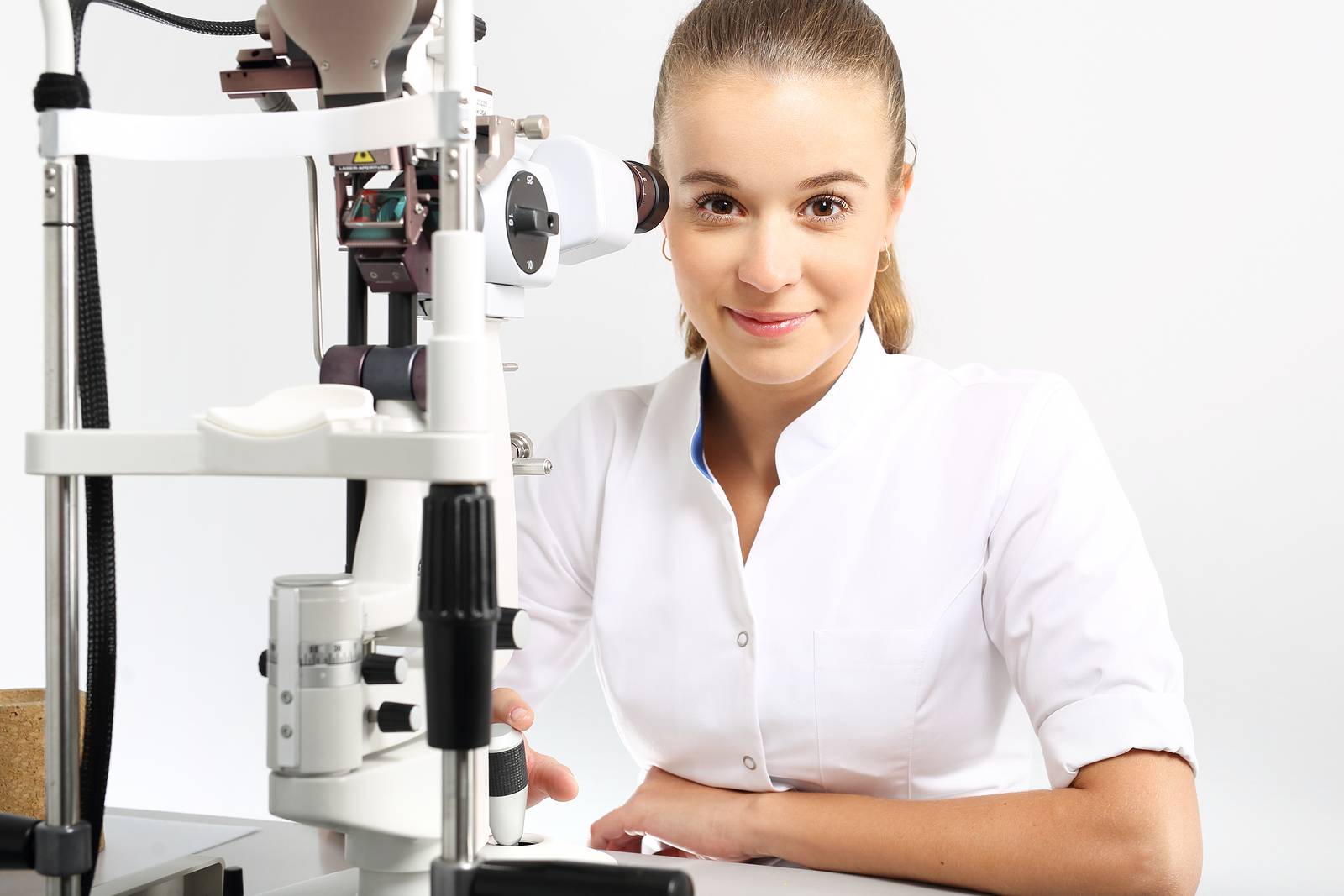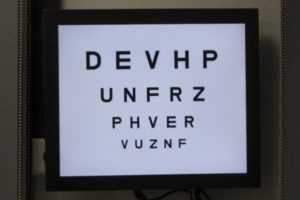Getting The Eye Exam To Work
Table of ContentsHow Conjunctivitis can Save You Time, Stress, and Money.The Conjunctivitis PDFs6 Easy Facts About Adult & Paediatric Eye Surgery ExplainedAmblyopia Things To Know Before You Get This
Ophthalmologists are medical physicians who focus on the diagnosis and therapy of eye and vision problems. What is the difference in between an eye doctor and also an eye doctor, then? What regarding lens? These 3 sorts of eye care experts have rather similar-sounding names as well as overlapping job summaries. It can be puzzling initially glimpse.They can not offer eye tests, create prescriptions, or detect or deal with eye problems. can examine your eyes, examination your vision, suggest glasses or calls, as well as identify and treat many eye disorders and diseases. They are not medical physicians or specialists however can prescribe specific eye-related medications (https://www.a2zsocialnews.com/author/drcrlinecatt/). Provide eye tests, vision testing, and also prescriptions for glasses or contact lenses.

Eye doctors identify as well as treat injuries, infections, illness, as well as disorders of the eye. Treatments can consist of drug taken by mouth (by mouth) or topically (in the eye), surgical treatment, cryotherapy (freeze treatment), and radiation treatment (chemical therapy). Ophthalmologists participate in medical school after that get numerous years of specialized training in the medical and medical treatment of the eye.
The Single Strategy To Use For Comprehensive Ophthalmology
As they are the only clinical specialists that can treat all eye conditions, ophthalmologists see a wide variety of eye conditions, consisting of: Exactly how frequently should you have an eye exam? What are signs that suggest you may have an eye trouble that requires to be checked by an ophthalmologist? The American Academy of Ophthalmology advises: As youngsters's eyes are growing and also changing quickly, they should obtain a vision screening.
Grownups who have healthy eyes and also outstanding vision ought to have 4 thorough eye exams: one in their 20s, two in their 30s, and also one at age 40. These appointments may allow the eye doctor to catch an eye condition or vision changes beforehand. By the time you see symptoms, you might already have some vision loss (EMERGENCY EYE PROBLEMS).

Individuals that go to a greater threat of eye condition may need to obtain an eye test regularly. This can consist of people with diabetes mellitus, hypertension, or a household history of eye problems - ADULT & PAEDIATRIC EYE SURGERY. After age 65, your eyes should be inspected each to two years. Regardless of age, people that wear get in touches with should have a complete eye examination yearly.
Your sight depends upon seeing the appropriate optometrist at the correct time. When it's time to "get your eyes inspected," see to it you are seeing the best eye care expert for your needs. Ophthalmologists, optometrists and also lens each play a crucial role in offering eye like consumers. Yet the degrees of training and know-how are rather different see for each and every kind of service provider.
Some Known Details About Comprehensive Ophthalmology

is a medical or osteopathic physician that concentrates on eye and vision care. Eye doctors differ from eye doctors and also opticians in their levels of training and in what they can diagnose and treat (https://qfreeaccountssjc1.az1.qualtrics.com/jfe/form/SV_cuUjRpuQQwgE9pQ). As a medical doctor that has completed college as well as at the very least 8 years of additional medical training, an eye doctor is certified to exercise medication and also surgical procedure.
Many eye doctors are also involved in clinical research on the reasons and also cures for eye illness and also vision conditions. SUBSPECIALISTS: ADDITIONAL UNDERSTANDING AND TRAINING FOR DETAILS EYE requires While ophthalmologists are educated to care for all eye problems and problems, some Eye M.D.s focus on a specific area of clinical or medical eye treatment.
He or she usually finishes one or two years of added, much more thorough training called a fellowship in among the major subspecialty areas such as glaucoma, retina, cornea, pediatrics, neurology as well as cosmetic surgery, along with others. This added training as well as expertise prepares an ophthalmologist look after more complex or details conditions in specific areas of the eye or in specific groups of individuals.
An optometrist is not a clinical physician. An eye doctor receives a doctor of optometry (OD) degree after finishing four years of optometry college, come before by 3 years or even more years of college. They are accredited to practice optometry, which mostly includes performing eye exams and vision tests, suggesting and also giving corrective lenses, finding particular eye irregularities, and also prescribing medications for particular eye conditions.
Some Known Questions About Emergency Eye Problems.
They utilize prescriptions supplied by eye doctors or optometrists, but do not examine vision or write prescriptions for visual improvement. Lens are not permitted to identify or deal with eye diseases. We all rely on our vision in even more ways that we may realize. Without healthy and balanced vision, our capacity to function, play, drive and even recognize a face can be substantially impacted.
That's why it is so vital to see an ophthalmologist for a complete clinical eye test by age 40, and then as typically as recommended by your Eye M.D.
A total, clinical eye exam by an Eye M.D. might be the initial action towards conserving your view. Protruding of one or both eyes; Dark drape or shroud that obstructs your vision; Decreased vision, also if short-lived; Diabetic issues mellitus; Altered vision; Double vision; Excess tearing; Eyelid problems; Household background of eye condition; Halos (colored circles around lights); High blood stress; HIV or Help; Injury to the eye; Loss of outer (side) vision; Misaligned eyes; New drifters (black "strings" or specks in the vision) and/or flashes of light; Pain in the eye; Thyroid disease-related eye problems (Tomb' condition); Uncommon red eye.